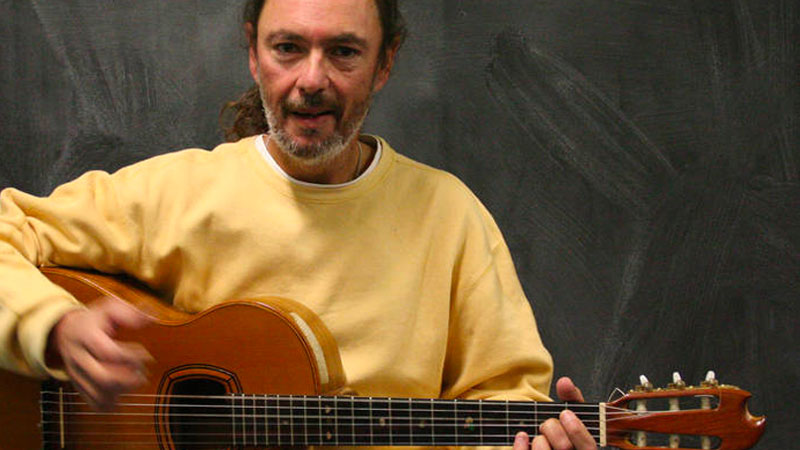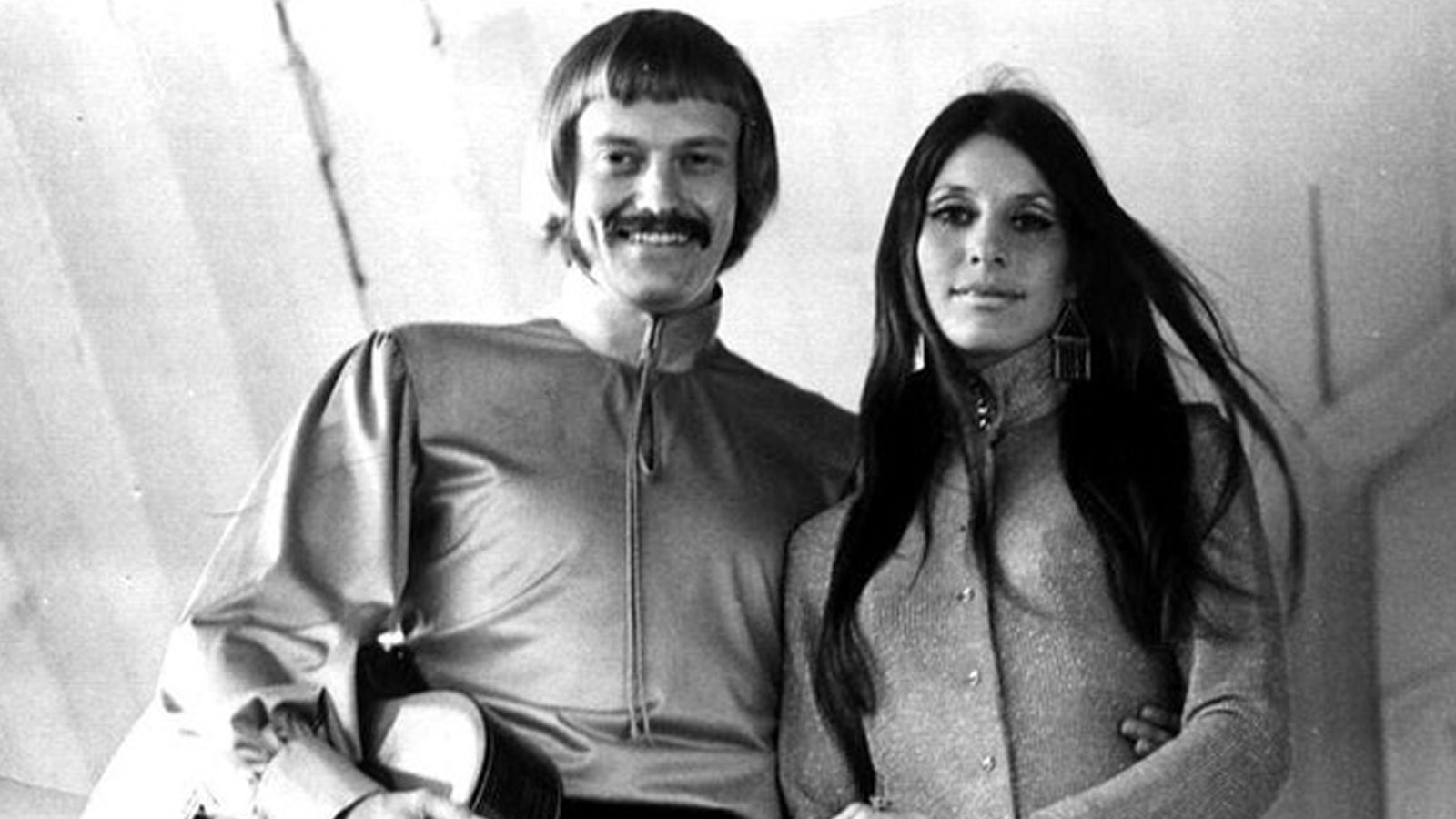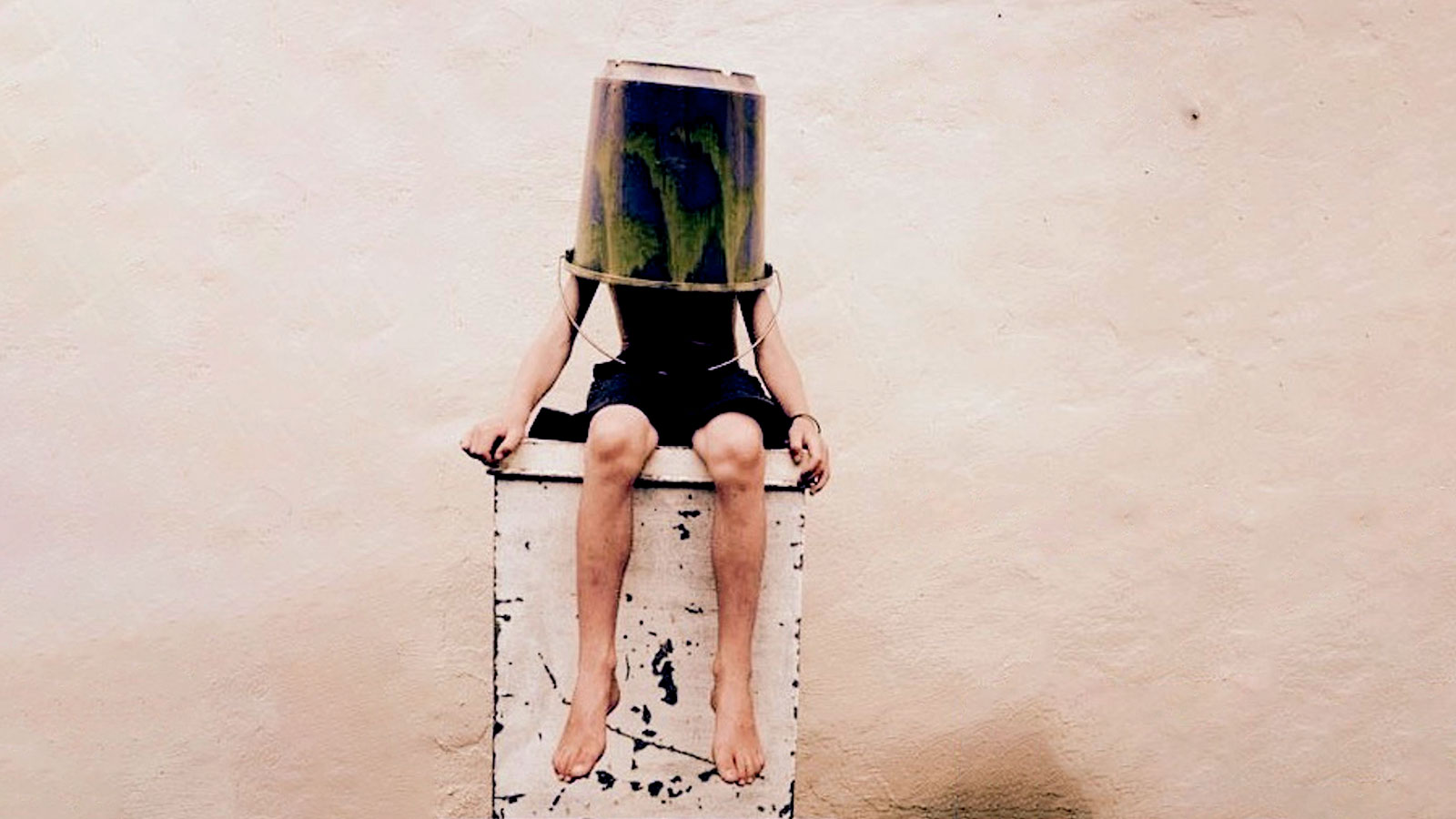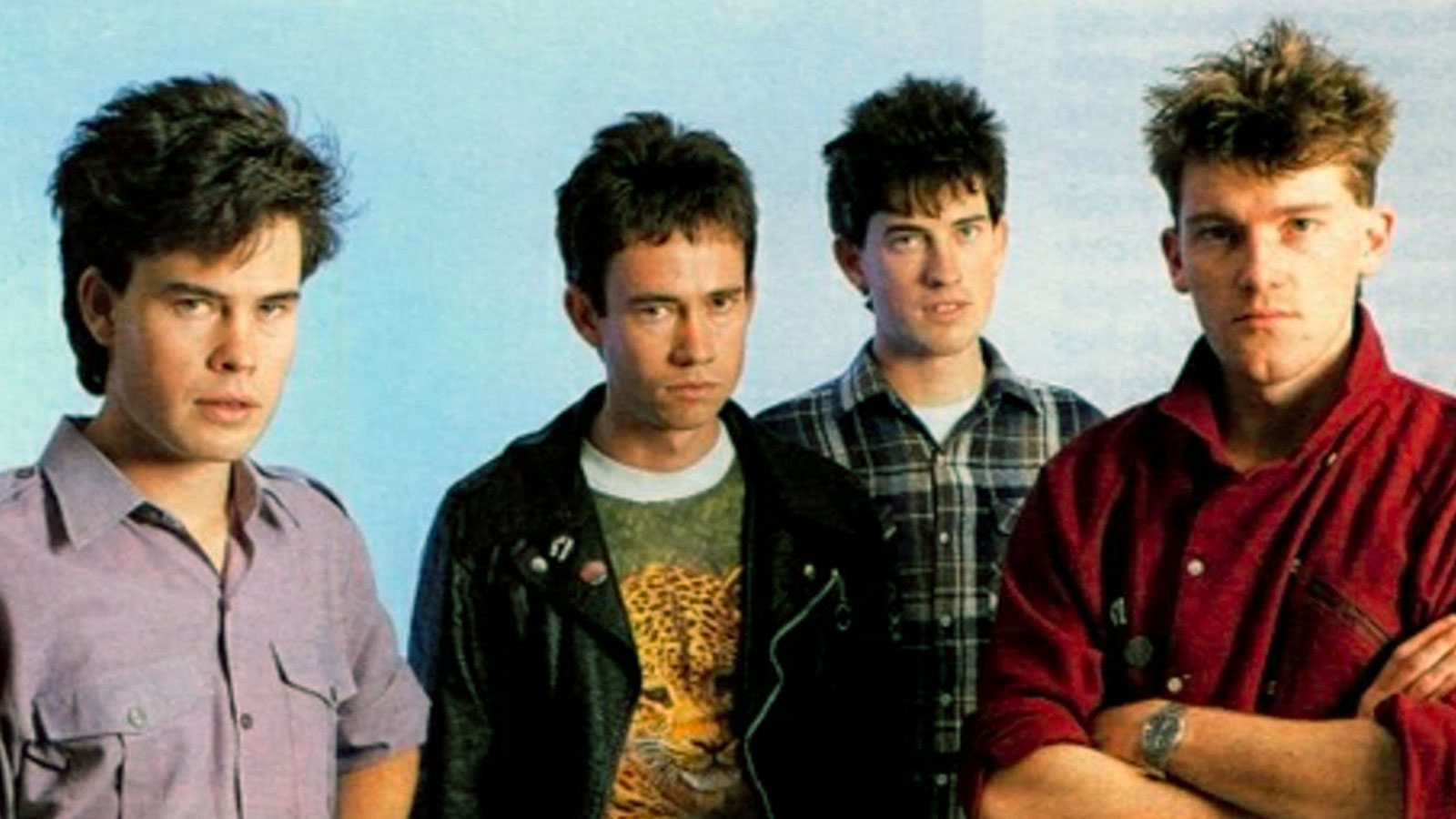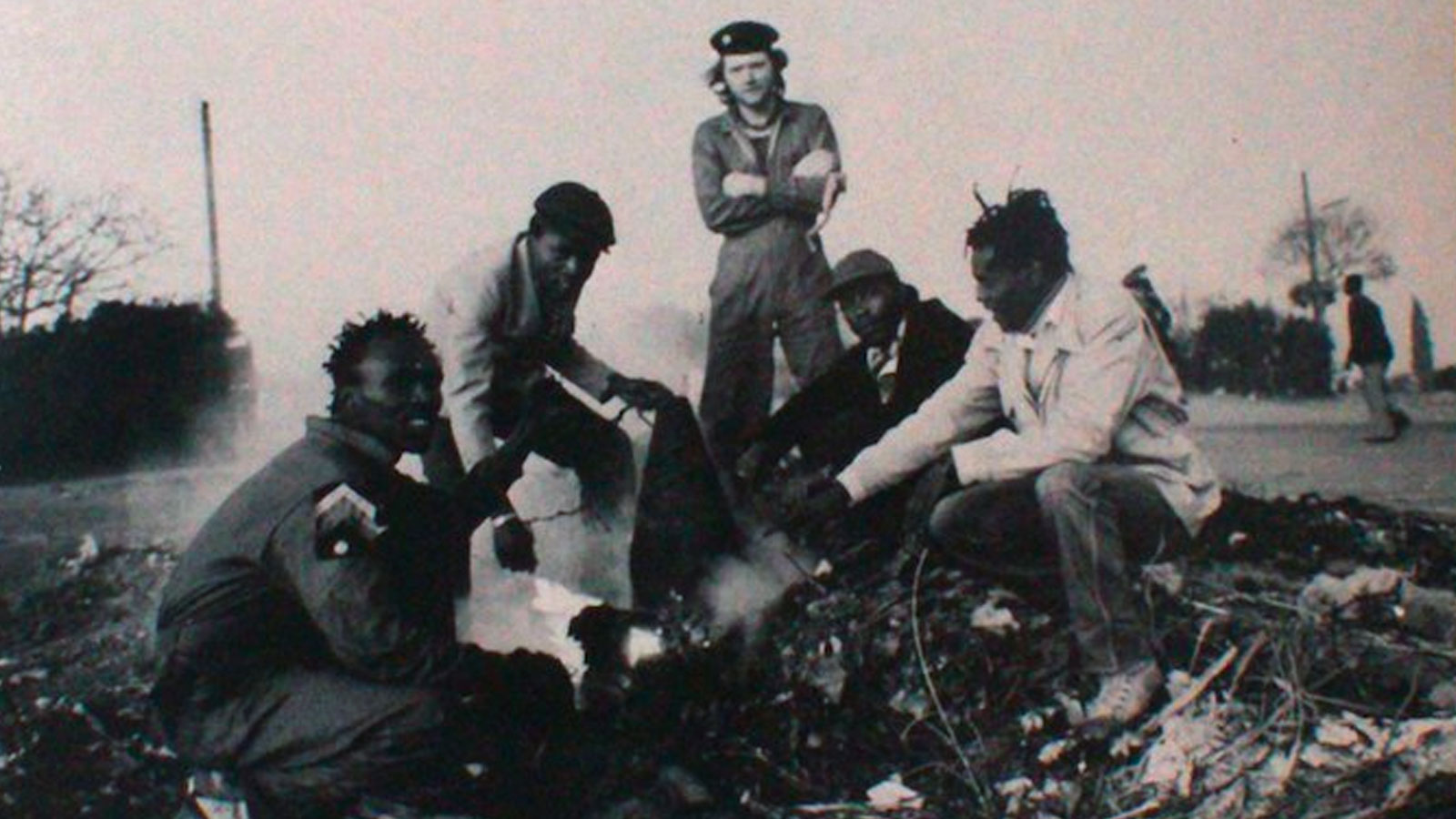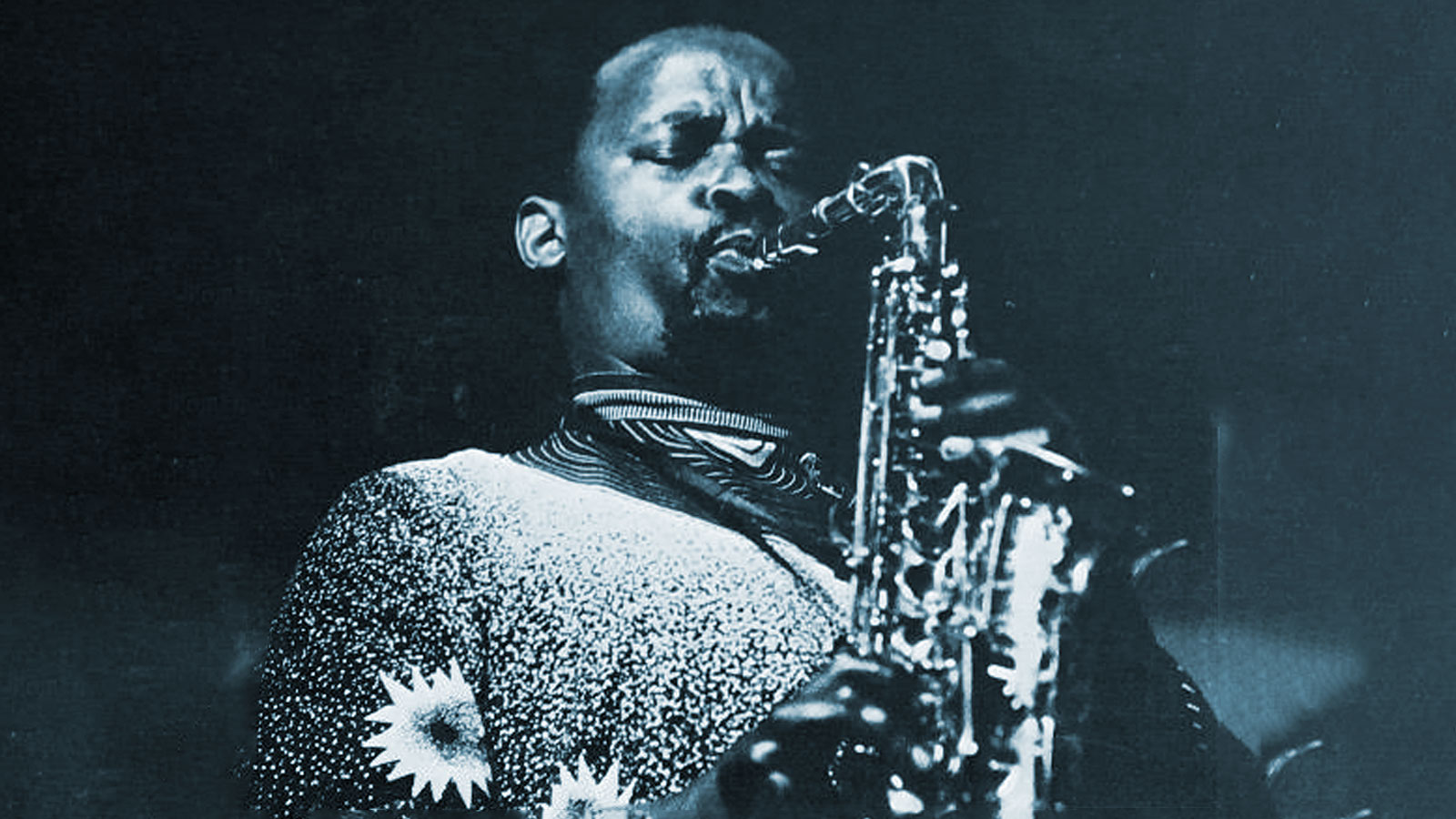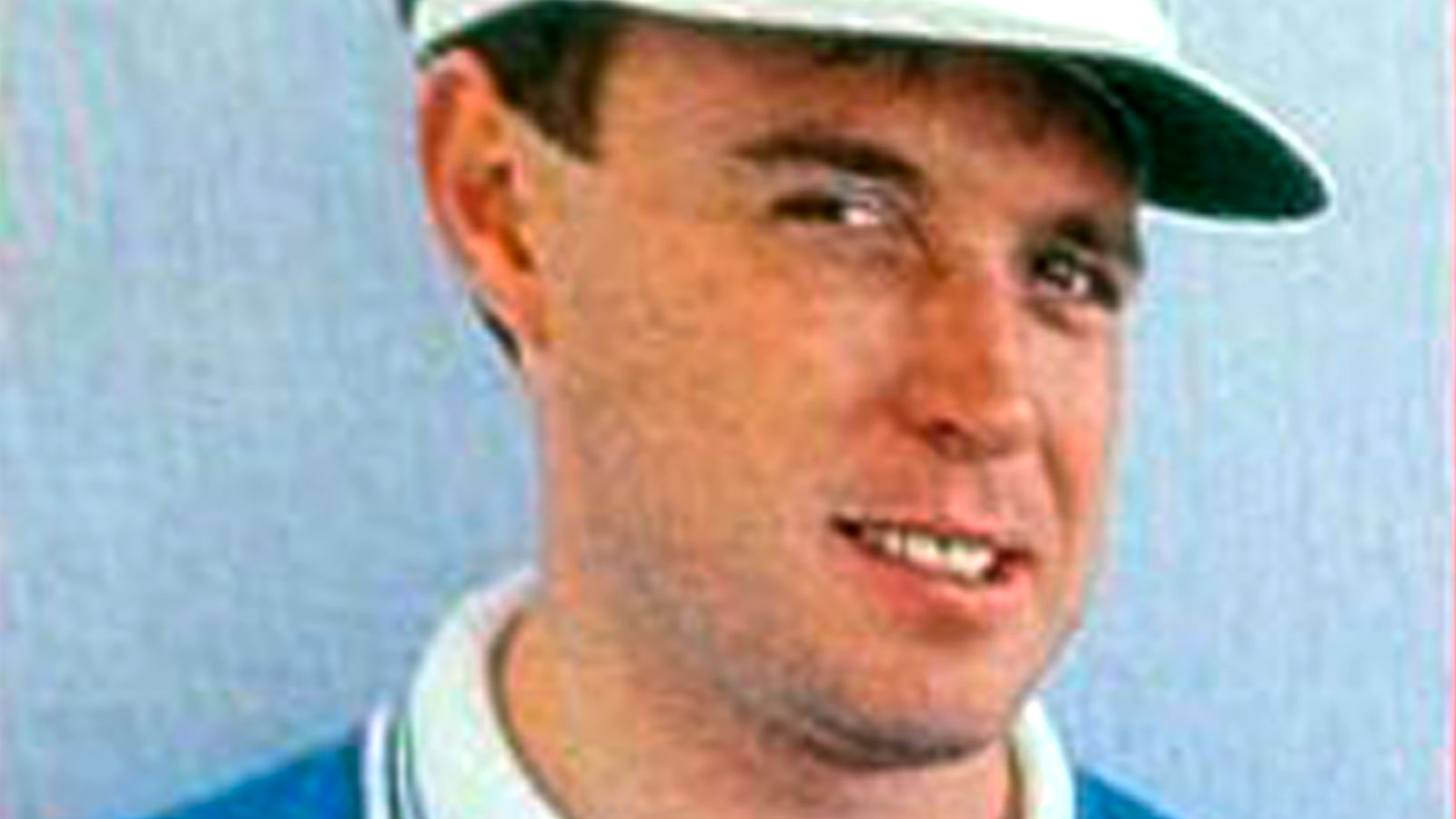
Darren Scott worked at Capital Radio from 1984 until 1992. He explains that “I‟ve always had my heart set on radio, even during high school I spent many afternoons hanging around Capital Radio Studios with Kevin Savage”. But when he matriculated from De La Salle College (Johannesburg) in 1981, instead of pursuing a career in radio, Darren studied medicine at the University of Pretoria.
While at TUKS he spent a lot of time at TUKS FM which was still only a campus radio station back then. His interest in medicine faded quickly and in his second year he decided to abandon his medical degree and pursue a BA Communications Degree at RAU. Not long into his first year at RAU Scott was offered a job at Capital Radio, which he accepted.
After Capital Radio he went on to work at 702 Music Radio, 702 Talk Radio, 5FM, East Coast Radio, Jacaranda 94.2, Hot 91.9FM, OFM, and Mix 93.8FM, on all of them either prime time Breakfast or Afternoon Drive Shows.
He has also worked on television, for a period of 25 years. He started as a continuity announcer and presenter of music show “Hot Hits” on Mnet, before becoming their first sports presenter on Supersport, where he anchored major sporting events between 1988 and 2011. He is best known as the face of rugby on Supersport, hosting major rugby matches and internationals, anchoring 3 Rugby World Cups, and hosting the legendary “Boots & All” with Naas Botha for 15 years.
Port Elizabeth-based folk guitarist.
He has released several albums including New Street (1991), Deep South (1991), Lucky Man (1993), Valley Road (2012), Oasis Drift (2013) and Cape to Cairo (2018).
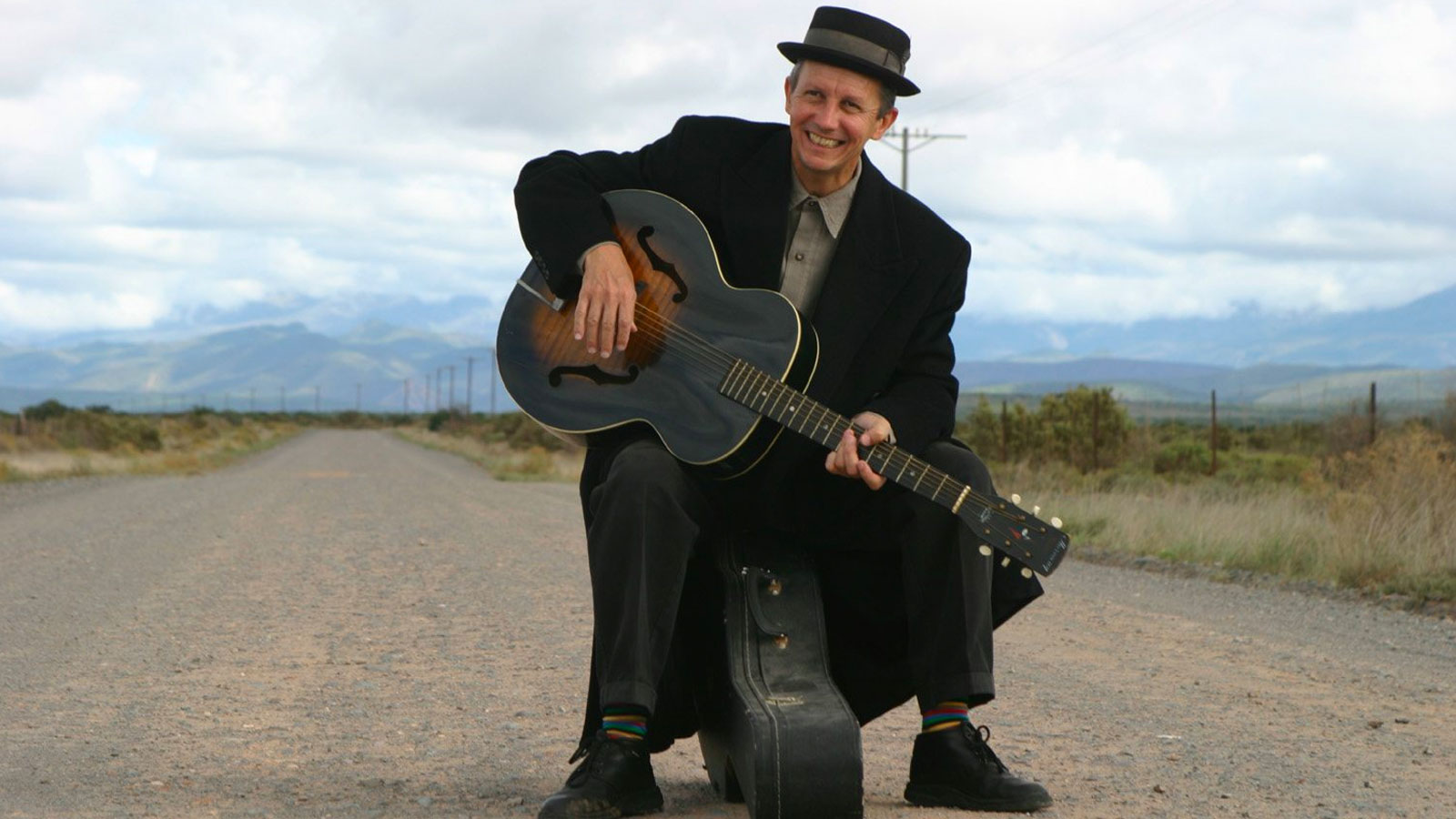
Emerged as a satirical singer songwriter on the Western Cape folk scene in the mid-1970s.
His first album, Bakgat, was released in 1981. In the same year he released the immensely popular The Story of Blokkies Joubert which spawned the bestselling singles ‘Hak Hom Blokkies’ and ‘The Royal Hotel’.
A lot of his fan base was unaware of his satirical intent. He carried on in a similar vein with top selling albums and singles as well as a comic role in Volkswagen car television advertisements.
In 1986, with the country in political turmoil, Kramer re-assessed his satirical output and decided that it was time to release an album which provided a more serious and down-the-line critique of society. Baboondogs was not well received by his traditional fan base but gained him further respect in liberal circles.
After 1986 Kramer concentrated more on writing and producing musicals such as District Six (1986) and Kat and the Kings (1997). He was also involved in the Karoo Kitaar Blues project (2002), in which he searched for musical talent in the Karoo region in particular.
Folk duo who both released music as solo artists but became most well known as Des & Dawn.
They married in 1965 and released their first collaborative album, Folk On Trek in 1967. That was followed by Unicorns, Spiders And Things (1967), On Stage In Rhodesia (1967), What’s The Difference (1968), The Seagull’s Name Was Nelson (1971), What D’you Know (1973), Raindrops, Whales & Dragon Tails (1977) and Memories Are Made Of This (1987).
They were also involved in producing a South African version of the rock opera Godspell, both as a stage production and album, Godspell (1972). They released several popular singles in the late 1960s and early 1970s, the most successful of which was “The Seagull’s Name Was Nelson” (1971).
After 1972 they became increasingly involved with theatre production, including children’s theatre.
Dawn died in 2020 after contracting Covid-19.
Not officially a group but the name which Gary Herselman gave to the loose affiliation of musicians who contributed to his 2014 solo album, Rigtingbevok.
Contributing artists included Albert Frost, Arno Carstens, Chris Letcher, Paul Riekert, Syd Kitchen, Rian Malan, Warrick Sony, Lloyd Ross, Toast Coetzer, Jannie van Tonder, Willem Moller, Francois van Coke, Valiant Swart, Frank Opperman, Max Mikula, Richard Haslop, Robin Auld, Tonia Selley, Kathy Raven, Sannie Fox, Dave Davies and Jonathan Handley.
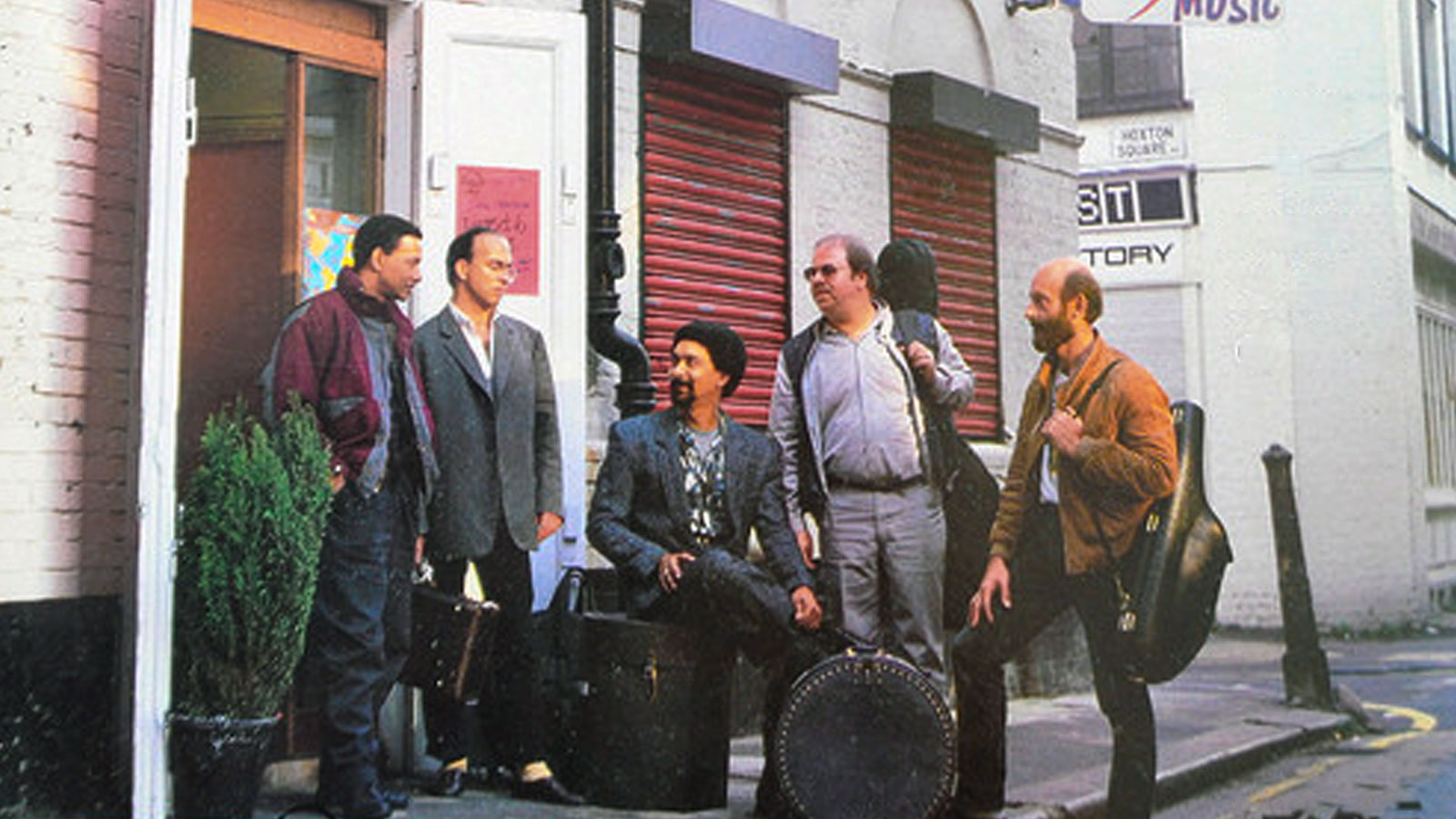
Formed in London in the early 1980s by South African musicians in exile, and an American, and British musicians. The 1984 line-up was: Ruthie Smith (soprano saxophone), Dill Katz (bass), Brian Abrahams (drums, vocals, percussion), Russell Herman (guitar, vocals), Mervyn Africa (Piano, vocals), Harrison Smith (tenor saxophone) and Jim Dvorak (trumpet). (Abrahams, Herman and Africa were originally from South Africa, Dvorak from the USA and the others were British). This line-up released the home-produced demo cassette District Six in February 1984, followed by the album Akuzwakale (Let It Be Heard) in 1985 .
By the time they recorded the live album Leave My Name At The Door in October 1985 the membership had slimmed down to: Dill Katz (bass), Brian Abrahams (drums, vocals, percussion), Mervyn Africa (piano, synths), Harrison Smith (saxophone, clarinet) and Jim Dvorak (trumpet).
For the 1987 To Be Free album, British-based South African Chris McGregor had replaced Mervyn Africa on piano and vocals.
Their final album was Ingoma Yabantwana (Song For The Children) released in 1989, for which British musician Steve Lodder (piano, synths) replaced Chris McGregor.
Johannesburg band formed in Johannesburg in 1980, transformed into Dog Detachment in 1981.
Dog were Brian Armstrong (vocals, lead guitar), Mike Adams (rhythm guitar), Terry Armstrong (bass, vocals) and Alan Armstrong (drums).
Released the 7 inch EP “In the City” in 1980 which included the songs, “In The City”, “The City” and “Born Free”.
Reggae band formed in Johannesburg in 1982. Pete Spong (lead guitar) Punka Khosa (drums, vocals), Dennis Hlangwane (bass), Dumi Hlangwane (guitar and keyboard), Risenga Makondo (percussion) performed on their debut album Dread Warriors in 1983.
They recorded a second set of songs with Shifty Records in 1986, later released as The Shifty Sessions.
Port Elizabeth musician . Began with The 4 Yanks as a young man and then joined Chris McGregor’s Blue Notes in 1960. In 1969 he left The Blue Notes and in 1970 formed Spear, also played with various musicians, including a session with Jabula.
In 1977 he released his first solo album, Diamond Express, and continued to release solo albums throughout the rest of the 70s and 80s
He died in London in June 1990.



